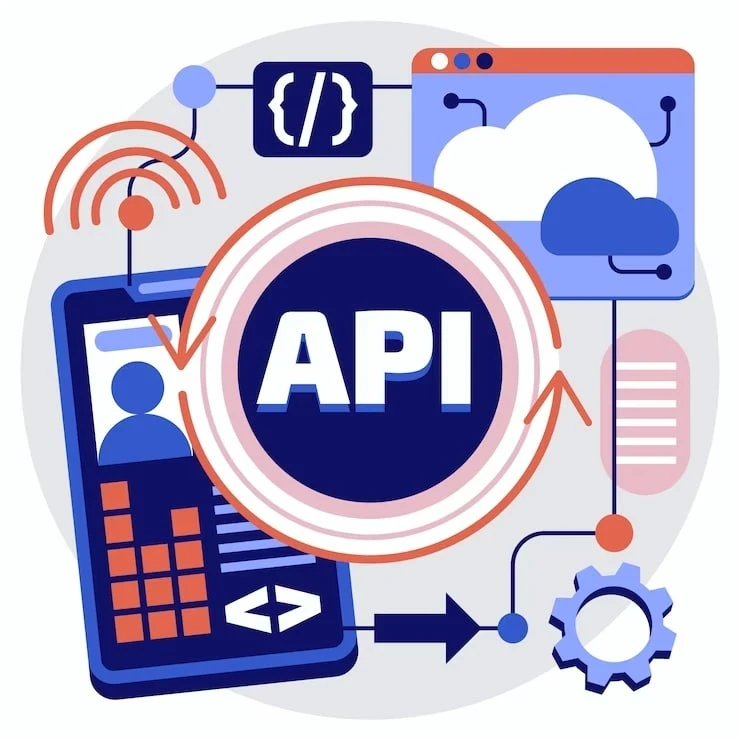IP address geolocation is a critical component in today's digital world. It allows businesses to provide personalized content, enhance security, and improve user experiences by determining the geographic IP of their users. Among the various factors influencing geolocation, county and region codes play a pivotal role. This article delves into how these codes are used, their importance, and the tools available for accurate geolocation.
Understanding IP Address Geolocation
To geolocate an IP address means to determine the physical location of the device connected to the internet using that IP address. This process relies on databases that map IP addresses to geographical locations. These mappings are crucial for numerous applications, including targeted advertising, fraud prevention, and compliance with local laws.
Importance of County and Region Codes
County and region codes are essential for the precise geolocation of IP addresses. They provide granular details about the location, which helps in refining the accuracy of geolocation services. For instance, an IP address might be associated with a particular country, but the county and region codes help narrow it down to a more specific area within that country. This level of detail is particularly beneficial for businesses that need to tailor their services or content based on the user's exact location.
IP Ranges and Geolocation
Understanding the concept of IP ranges is crucial for geolocation. IP ranges private and non-routable IP addresses, such as those in the private class IP and private internet address categories, are not used for internet routing and therefore are not geolocated in the same way as public IP addresses. These private IP networks are used within organizations and are mapped to public IP addresses by network devices like routers.
Dynamic vs. Static IP Addresses
Another aspect to consider is the type of IP address. A dynamic IP address changes periodically, which can complicate geolocation efforts. In contrast, a sample static IP address remains constant, making it easier to geolocate accurately. Businesses often prefer static IPs for critical services to maintain consistent location data.
The Role of APIs in IP Geolocation
APIs (Application Programming Interfaces) are indispensable tools in the realm of IP geolocation. Various APIs, such as the iplocation net api, provide reliable data for determining the ip address location. These APIs offer different features, ranging from basic geolocation to advanced functionalities like location tracking api and mobile geolocation api capabilities.
IP Data API: This API provides comprehensive information about an IP address, including country, region, and city data. It is particularly useful for applications that require detailed location information.
IP Location API Free: For developers looking for cost-effective solutions, free APIs are available that offer basic geolocation services. These APIs can provide essential data such as country and region codes, which are sufficient for many applications.
Address API Free: This type of API allows users to input an address and receive geolocation data in return. It’s beneficial for applications that need to convert physical addresses into geographic coordinates.
County and Region Codes in Action
To understand the practical application of county and region codes, consider an e-commerce business that uses geographic IP data to personalize user experiences. By leveraging county and region codes, the business can offer localized content, display prices in local currencies, and even provide local shipping options. This level of personalization enhances user satisfaction and can significantly boost conversion rates.
Challenges and Considerations
While the use of county and region codes enhances geolocation accuracy, there are challenges to consider. Internet geolocation accuracy can be affected by the use of private IP networks and dynamic IP addresses. Additionally, the quality of the geolocation database and the frequency of its updates play a critical role in maintaining accuracy.
Best Practices for Using Geolocation APIs
Choose the Best Geolocation API: Evaluate various geolocation APIs to determine which one offers the most accurate and comprehensive data for your needs. The best geolocation api should provide detailed information, including country and region codes.
Regular Database Updates: Ensure that the geolocation service you use updates its database regularly to maintain accuracy. An outdated database can lead to incorrect geolocation results.
Combine Multiple Data Sources: For higher accuracy, consider combining data from multiple APIs. This approach can mitigate the limitations of any single data source.
Conclusion
The role of county and region codes in IP address geolocation is indispensable for achieving high accuracy in determining the ip address location. These codes allow businesses and applications to deliver personalized experiences, enhance security, and comply with local regulations. By leveraging tools like the iplocation net api and other geolocation services, businesses can harness the full potential of geographic data. As the digital landscape evolves, the importance of precise geolocation and the role of county and region codes will only continue to grow.



